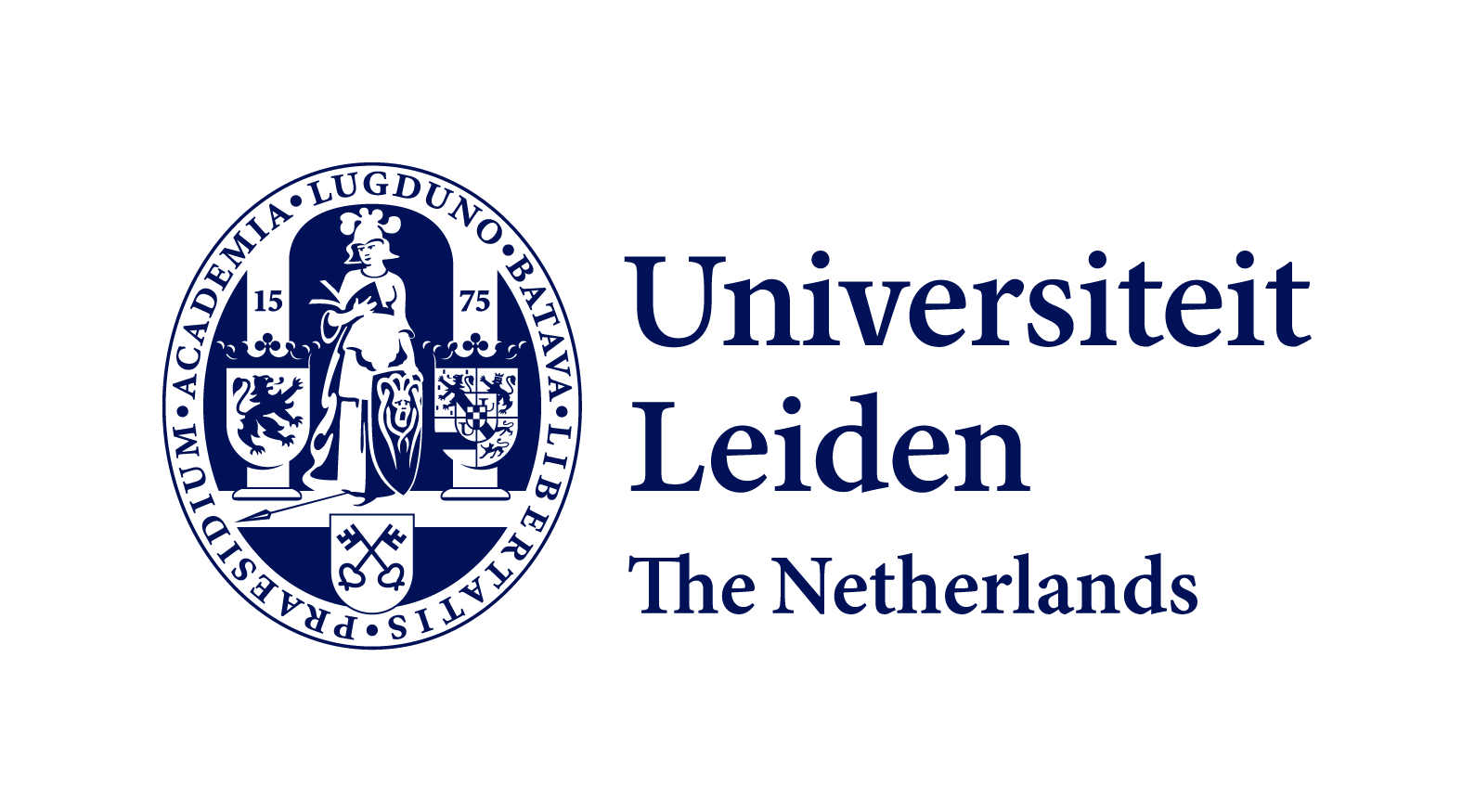Two Spanish Seventeenth-Century Witchcraft Trials in a Frontier Context
Keywords:
Witch trials, Frontier dynamics, Spanish Empire, Social control, Religious persecution, GenderAbstract
This essay explores the witch trials in two frontiers of the Spanish Empire—Cartagena in Spanish America and Mechelen in the Spanish Southern Netherlands—focusing on the cases of Paula de Eguiluz (1624) and Katalijne Janssens (1641). The analysis compares the role of frontier dynamics in shaping witch trials, demonstrating how societal, political, and religious factors influenced their outcomes. In Cartagena, witch trials were shaped by colonial fears of rebellion and the disruption of social hierarchies, especially regarding African slaves. These trials reflected a cautious approach, with less severe punishments due to economic and procedural factors. In contrast, trials in Mechelen were harsher, driven by political and religious anxieties surrounding Protestantism, leading to more executions. This comparison highlights how witch trials, while grounded in Catholic orthodoxy, were shaped by local conditions, illustrating how authorities used societal fear to consolidate power, marginalise vulnerable groups, and deepen divisions. Witch trials served as tools of religious persecution and social control.

Downloads
Published
Issue
Section
License
Copyright (c) 2025 Claudia Moreira Calzadilla

This work is licensed under a Creative Commons Attribution 4.0 International License.





